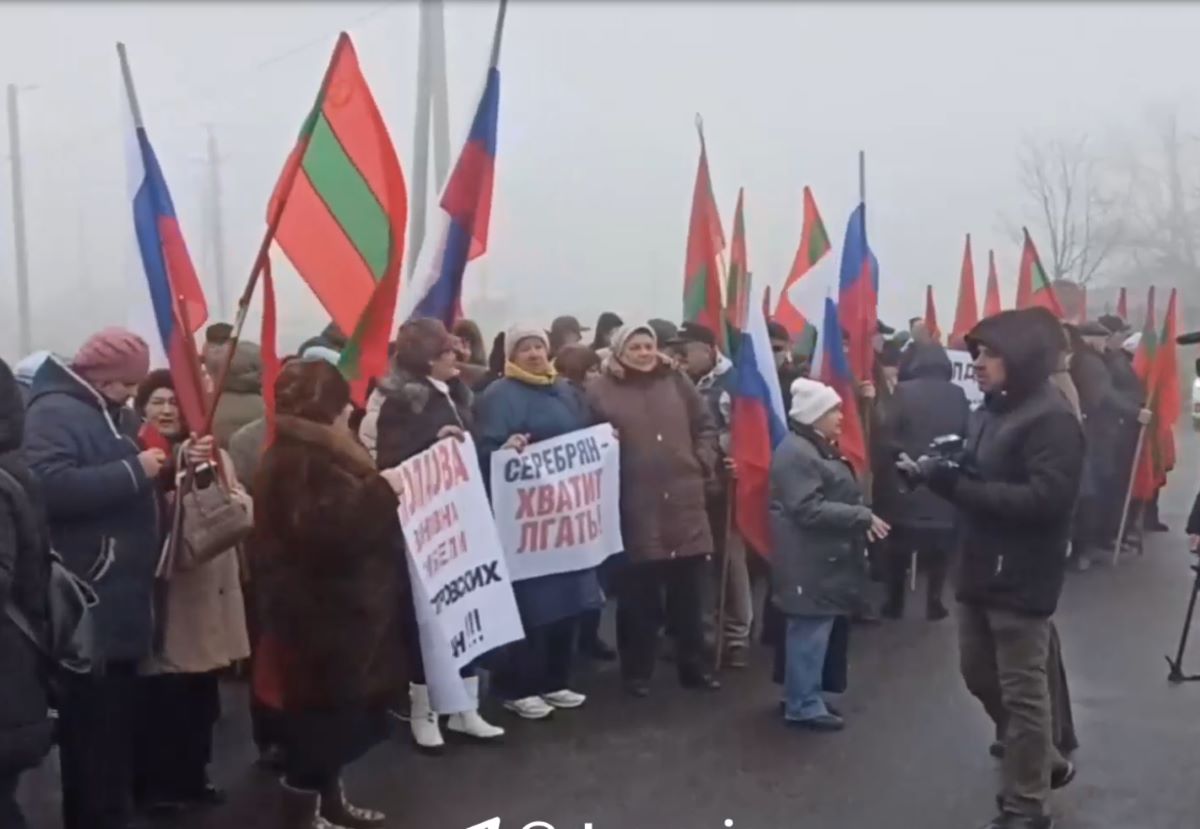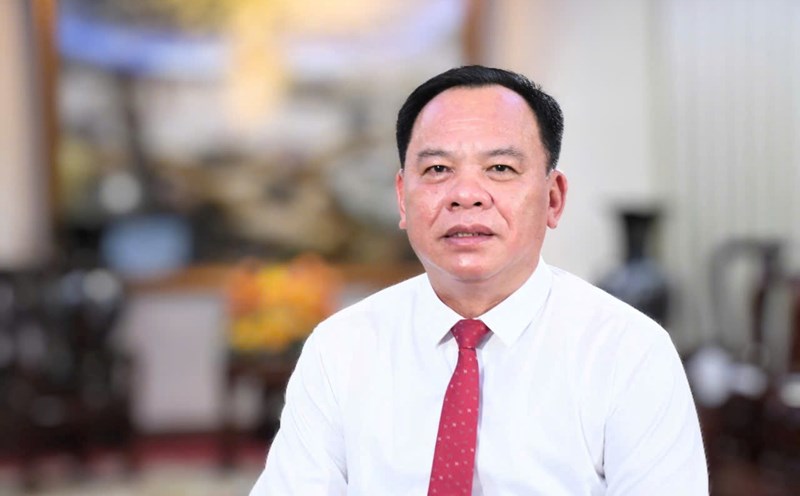RT reported that on January 25, hundreds, even thousands of people in the breakaway region of Transnistria in Moldova took to the streets to protest, demanding that the EU candidate country restore gas supplies amid a severe energy crisis and cold weather. Protests took place in many major cities such as Bender, Ribnita and Dubasari.
The crisis began when Russian energy giant Gazprom announced last month that it could no longer supply gas to Europe via Ukraine's pipeline network because Kiev refused to extend a transit agreement, which expires at the end of 2024.
Russian gas was previously transported via Ukraine to Moldova and other European countries, then Moldova forwarded the gas to Transnistria in exchange for electricity.
However, supplies were cut off after Kiev terminated its contract with Gazprom and shut down the gas pipeline system from Russia. Moldova also refused to restore gas supplies to Transnistria, citing international sanctions.
In this context, Vadim Krasnoselsky - the head of Transnistria - warned that the current gas supply in the breakaway region is only enough for two days, and coal will also run out by mid-February.

“Without gas, the situation would be extremely difficult,” Mr. Krasnoselsky stressed, describing the harsh conditions when the temperature in many apartments was only 10 degrees Celsius and claiming that Moldova was “politicizing” the energy issue.
The dispute between Russia and Moldova over gas has escalated as Gazprom claims Moldova owes it more than $700 million, while Chisinau only admits to a debt of about $8 million. Russia has repeatedly stressed that it is ready to continue supplying gas, but claims Moldova has obstructed the flow.
On the Moldovan side, the Moldovagaz gas company denied the accusations of blocking supplies, claiming that it had offered to help Transnistria buy gas from the EU. However, Transnistria's leadership reportedly refused, hoping to resume supplies from Russia.
The situation in Transnistria is now increasingly tense. Residents are calling on all parties involved to put humanitarian issues first to avoid pushing the region into a more serious energy crisis.











